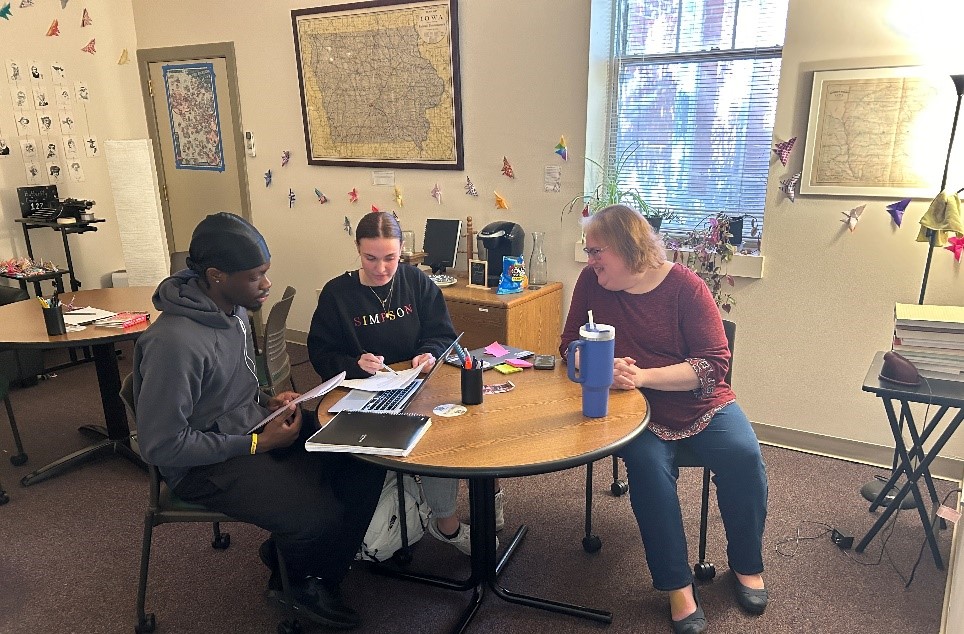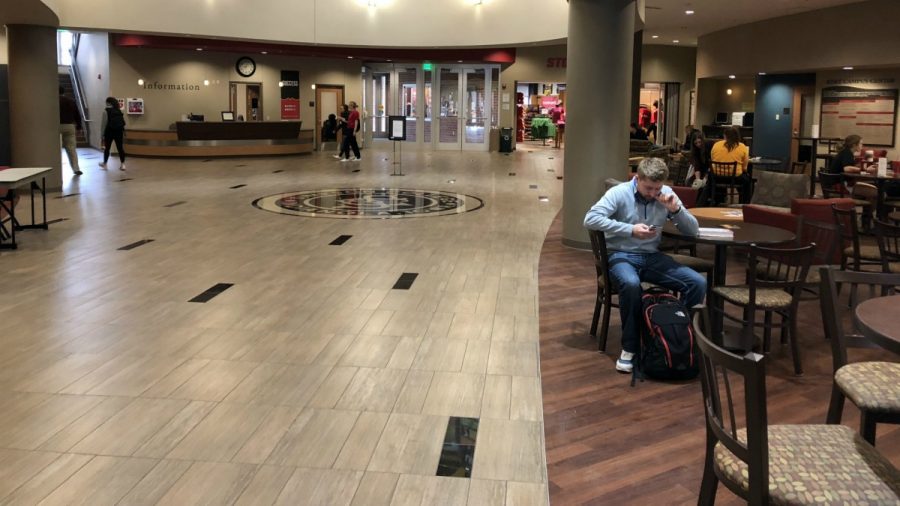Simpson Fights to Protect Scholar
September 22, 2010
“Malicious attacks” to the Simpson servers caused general frustration among Simpson students and faculty on Labor Day and the days thereafter.
“Scholar again was the target of a denial of service attack,” Computer Systems Manager Paul Crittenden stated in an e-mail to students and faculty Friday, Sept. 10. “This is a malicious action where our network gets flooded with requests sent to Scholar.”
Although college officials can identify the source of the attacks, they originated from a fake online address, leaving the identity of the attacker unknown.
Junior Nick Smith found himself on campus during the outage and unable to complete chemistry homework on an external website used by the department.
“I wasn’t able to check out any other possible assignments that would have been posted to Scholar, so it was quite an inconvenience,” Smith said.
Senior Becki Schmeckpeper saw the outages from the administrative side in her job as an undergraduate assistant with the academic computing department.
Schmeckpeper had a different attitude than many in the student body. She encourages students to understand the issue.
“I know people were grumpy and everything, but it was being worked on and people were trying,” saidSchmeckpeper.
Jule Thorsen, a lecturer in management who works largely with evening, weekend and graduate students, points to the need for patience in dealing with outages.
“With our EWG students, many of whom work full time at a job, most are simply accustomed to these types of server issues,” Thorsen said. “Learning to deal with them is just a part of being in any institution with a large number of servers such as Simpson’s.”
While Scholar does contain important information, students should not be worried because attackers cannot gain access to the system.
“These attacks do not result in the loss of information, but they cause a loss in time and money tracking down the problem and stopping it,” Crittenden said.
Unfortunately, the Information Technology Services department can only speculate why Simpson’s server became a target.
“Our increased bandwidth may make us more attractive to denial of service attacks,” Vice President and Chief Information Officer for Information Services Kelley Bradder said.
Information Services moved Scholar to a new, more secure system on Sunday, rebuilding the program on a different address.
“In an ever increasingly hostile information world, keeping the campus network reliable and secure is a continuous process,” Bradder stated in an e-mail to campus last Thursday.
Crittenden says that Information Services will continue to keep the servers updated and well secured.
“We will continue to exercise the best security practices by keeping our servers updated with critical security patches and monitoring system logs for detection to prevent intrusions,” Crittenden said.
Only time will tell whether or not the new security measures Information Services have implemented will work.





